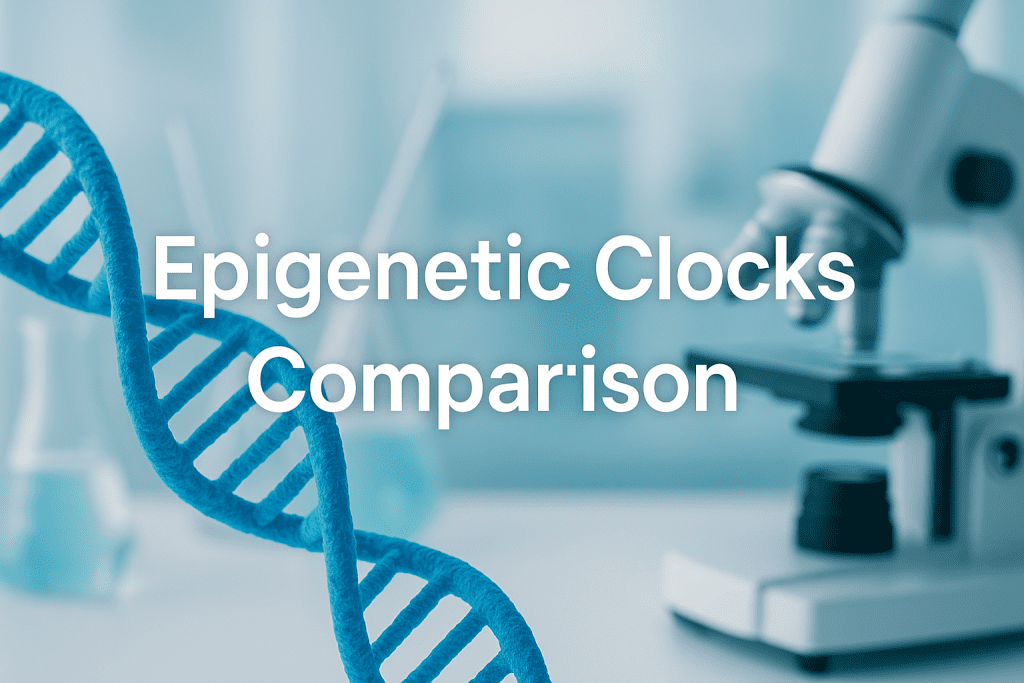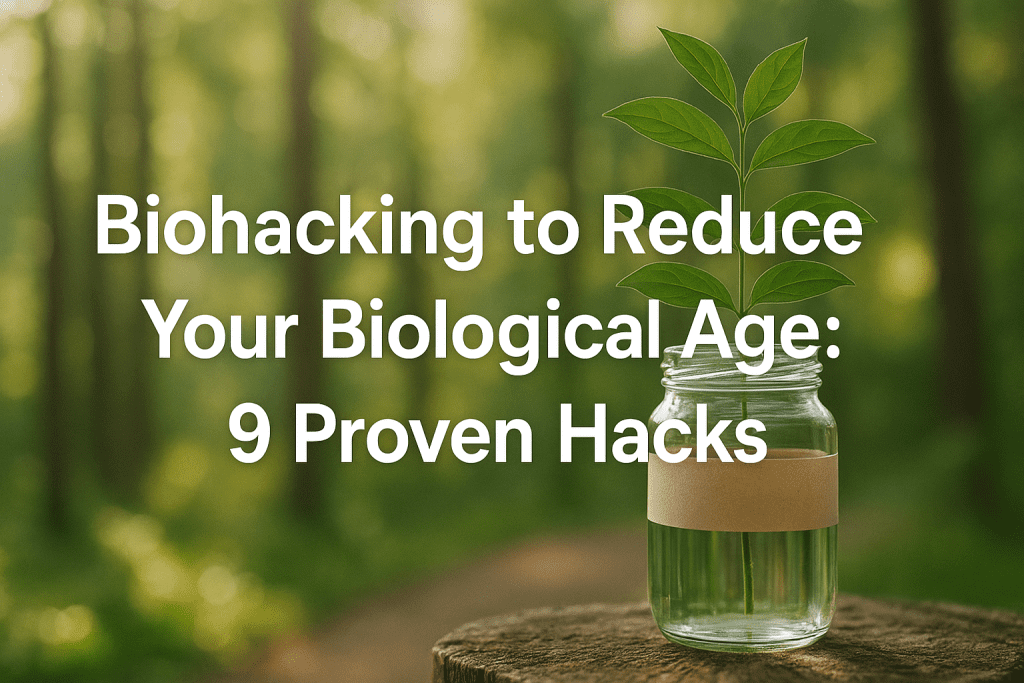
Ever looked at your skin at 45 and thought, This isn’t how it used to look at 25, even though your habits didn’t really change? That’s the truth behind anti-aging: how skin changes by decade.
Collagen fades, hormones shift, hydration drops. These changes follow a pattern, and they’re shaped by how you live. Knowing what’s happening each decade can help you slow it down, and keep your skin looking its best. 🧬💧
Table of Contents
👶 Your 20s: Invisible Aging Begins
You may not feel like you’re aging, but biologically, it’s already starting. Collagen levels begin to dip around age 25. 🧬 That means the support structure under your skin is quietly changing.
🔍 What changes:
- 😴 Cell turnover slows (leading to dullness)
- ☀️ UV damage begins to accumulate
- 👁️ Slight puffiness or dark circles show under the eyes
✅ What helps:
- 🧴 SPF 30+ daily (even indoors)
- 🍊 Vitamin C serum for antioxidant protection
- 💦 Hydration from within: water + omega-3s
- 💤 Prioritize deep, regular sleep
🧠 Note: A study in the Journal of Dermatological Science shows that UV exposure causes up to 80% of visible facial aging NIH, 2013.
👩💼 Your 30s: Collagen Loss Speeds Up
By this decade, you might see your first fine lines. Skin doesn’t bounce back as fast. Hormones fluctuate. If you had a child, you may also notice pigmentation (melasma).
🔍 What changes:
- 😊 Smile lines become visible
- 🧽 Skin gets drier and less even
- 🌚 Dark spots or melasma may appear
- 😴 Healing slows after breakouts or irritation
✅ What helps:
- 🌙 Retinoids (vitamin A derivatives) boost collagen
- 🧼 Weekly gentle exfoliation to improve texture
- 🥬 Eat anti-inflammatory foods: berries, greens, fish
- 🧪 Test your internal aging: read our biological age tests comparison
🧬 Why it matters: Collagen is a protein that provides structure. From 30 onward, your skin loses about 1–1.5% per year.
👩🦳 Your 40s: Deeper Wrinkles and Volume Loss
This is when most people notice major anti-aging skin changes. Lines become permanent. Your face may lose volume in the cheeks and under eyes. 🧊 Skin becomes less plump due to lower hyaluronic acid and estrogen levels.
🔍 What changes:
- 🐦 Crow’s feet deepen
- 🩹 Slower wound healing
- 🧃 Loss of hydration and firmness
- 🔴 More visible blood vessels and redness
✅ What helps:
- 🧴 Hydrating serums with hyaluronic acid + peptides
- 💊 Collagen peptides (shown to improve skin elasticity in 12 weeks)
- 🔬 Consider red light therapy for collagen stimulation
- 🧪 Try TruAge or GlycanAge to check aging at the cellular level
👩⚕️ Tip: Dermatologists often recommend testing inflammation biomarkers — inflammation is closely tied to wrinkle formation and skin aging.
👵 Your 50s: Estrogen Drop Hits the Skin Hard
During and after menopause, estrogen levels plummet. This hormone plays a big role in skin thickness, hydration, and repair. Without it, skin becomes thinner and drier — and wrinkles set in more quickly.
🔍 What changes:
- 🪞 Sagging around neck and jaw
- 🧷 Paper-thin skin prone to bruising
- 🧊 Very dry or flaky skin
- 🌑 Pigmentation and uneven tone
✅ What helps:
- 🧴 Rich moisturizers with ceramides and fatty acids
- 💊 Phytoestrogens or medical HRT (consult your doctor)
- 🧬 Track your methylation and inflammation for signs of accelerated aging
- 🥩 Ensure enough protein and collagen in diet
📘 Reference: Studies show postmenopausal women lose up to 30% of skin collagen in the first 5 years.
👵🏻 Your 60s+: Support, Not Perfection
At this stage, the focus shifts to protecting the skin you have. You’ll likely see sagging, rough texture, and slower healing. But skin still responds to smart care.
🔍 What changes:
- 🧼 Skin becomes more fragile and reactive
- 💢 Bruising and tearing happen more easily
- 🔍 Wrinkles are deeper, and folds may form
- 🌬️ Itchiness or dryness, especially in winter
✅ What helps:
- 🧴 Use gentle, fragrance-free moisturizers
- 👣 Stay active to promote blood flow and oxygenation
- 🧪 Retest biological age every 6–12 months to track interventions
- 🧠 Protect brain health too — it affects skin through the stress response
🧬 Note: Biological age tests like NOVOS or MyDNAge can help monitor the rate of aging at this stage, not just how you look, but how your body functions.
🧠 Why This Matters: Biological Age Affects Your Skin
The real secret to anti-aging skin isn’t found in a cream. It’s found in your biological age. That’s the speed at which your cells are aging — and your skin reflects it.
If your biological age is 5–10 years younger than your chronological age, your skin will usually look it too.
🧪 Tests like DNA methylation panels (TruAge, NOVOS) or glycan profiling (GlycanAge) reveal internal trends before they show up on your face.
When does skin actually start aging, and how can you tell?
Skin starts aging in your mid-20s, even if you can’t see it yet. Collagen production slows by about 1 percent per year starting around age 25. You might notice slower healing, slight dullness, or subtle changes in texture before fine lines appear.
What causes the biggest skin changes as we age by decade?
In your 30s, collagen loss and reduced skin cell turnover cause the first visible lines. In your 40s, volume loss and slower repair become noticeable. By your 50s and 60s, hormonal decline, especially estrogen,leads to dryness, sagging, and deeper wrinkles. Inflammation and sun damage speed it up at any age.
Is it possible to slow skin aging naturally, without cosmetic procedures?
Yes. Sunscreen, sleep, hydration, antioxidant-rich foods, and topical ingredients like retinoids and peptides are all proven to support skin health. Tracking your biological age can also help you target inflammation and stress, which affect skin from the inside out.
What’s the link between biological age and skin aging?
Your biological age reflects how fast your body is aging at the cellular level. Skin aging is often the first visible sign. If your biological age is higher than your chronological age, you’re more likely to see wrinkles, dryness, or sagging earlier. DNA methylation and glycan tests can measure this.
Which habits speed up skin aging the most?
The top culprits are sun exposure, smoking, poor sleep, chronic stress, high sugar intake, and dehydration. These habits break down collagen, increase oxidative stress, and disrupt the skin barrier—all of which accelerate visible aging over time.



